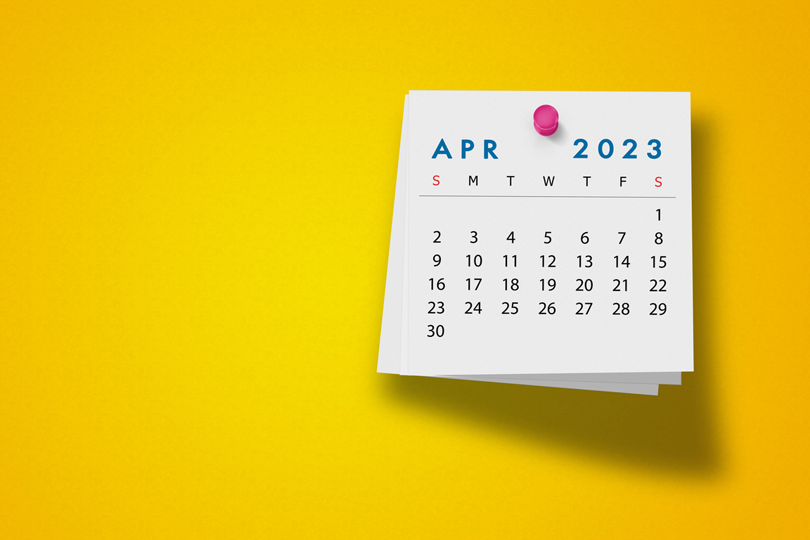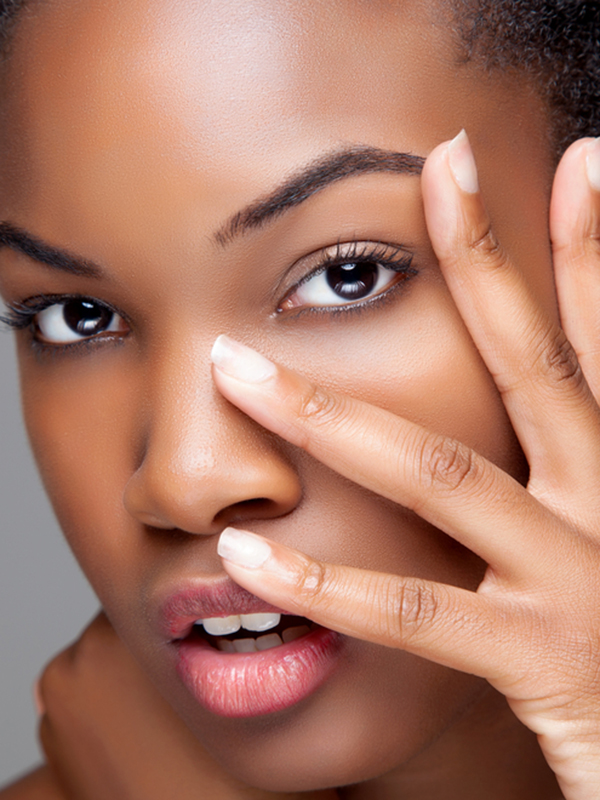Another month, another new theory going viral on TikTok… But what is this one all about?
TikTok’s latest viral movement asks the question: Is April the real start of the new year? According to some TikTok users, that answer is… maybe. The term #AprilTheory is now trending across social media as people make a connection between the spring month and a feeling of new beginnings.
The theory has gone viral thanks to TikTok user @vaatsalya.c who has posted multiple videos about the concept. April Theory maintains that during the fourth month of the year, seasonal depression lifts, life improves and people en masse begin to feel lighter, brighter, and markedly more merry. April Theory also claims that the start of the new month, which also coincides with the start of Spring and Daylight Savings, as well as the entire month in general will bring happiness, new energy, new passions and better mental health as people say goodbye to the darker months of winter.
One viral video sums up the theory pretty perfectly: “The April theory is when you magically get out of your winter depression, the days are warmer which leads you to things that contribute to your happiness, school is about to end, you make more memories, and life finally gets good again.”
Of course, the ‘theory’ isn’t really a new thing. April has always been considered a key time for fresh starts and new beginnings, especially for those who struggle during those cold winter months. Seasonal Affective Disorder, or SAD, is quite common and can leave people feeling depressed, irritable, and lethargic for four to five months at a time, according to the National Institute of Mental Health. Of course, it depends on where you’re located in the world, but as soon as spring comes around, many people’s mental health improves.
Theories like TikTok’s April Theory have the potential to lift spirits but shouldn’t be the only source of comfort if you’re feeling low. If you or someone you know is struggling, there are many helpful resources to turn to. It’s important to remember that if you do find yourself struggling, don’t just rely on a viral TikTok theory.











